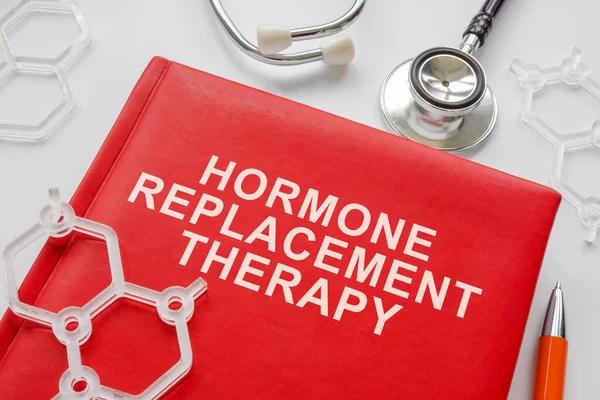Testosterone Replacement Therapy (TRT) has gained significant attention in recent years as a treatment option for men experiencing low testosterone levels. Local experts emphasize that while TRT offers several benefits, it also carries potential risks that should be carefully considered before starting treatment. Understanding both sides helps individuals make informed decisions about their health.
One of the primary benefits of TRT is its ability to alleviate symptoms associated with low testosterone, such as fatigue, decreased muscle mass, reduced libido, and mood changes. Men undergoing therapy often report improved energy levels and enhanced overall well-being. Increased muscle strength and bone density are additional advantages noted by medical professionals, which can contribute to better physical performance and a lower risk of fractures in older adults. Furthermore, some patients experience improvements in cognitive function and motivation after beginning testosterone treatment.
Local endocrinologists point out that TRT may also help address certain metabolic issues linked to testosterone deficiency. For example, it can improve insulin sensitivity and reduce body fat percentage, potentially lowering the risk of developing type 2 diabetes or cardiovascular diseases when combined with lifestyle modifications like diet and exercise.
Despite these promising outcomes, experts caution that TRT is not without risks. One concern involves the possibility of exacerbating pre-existing prostate conditions or increasing the likelihood of prostate cancer development. Although current research shows mixed results regarding this association, regular monitoring through blood tests and physical examinations is essential during therapy.
Another potential risk includes cardiovascular complications such as elevated red blood cell counts leading to thicker blood or increased chances of heart attack or stroke in susceptible individuals. This makes thorough evaluation before initiating TRT critical for those with underlying heart problems or clotting disorders.
Additionally, side effects like acne, sleep apnea worsening, breast enlargement (gynecomastia), fluid retention, and mood swings have been reported by some patients undergoing hormone replacement therapy. These adverse reactions vary depending on individual response and dosage used.
Local healthcare providers stress the importance of personalized treatment plans tailored to each patient’s unique needs rather than adopting a one-size-fits-all approach. Regular follow-up appointments allow clinicians to adjust dosages accordingly while monitoring for adverse effects effectively.
In summary, Testosterone Replacement Therapy presents valuable benefits for men suffering from clinically low testosterone levels but requires careful consideration due to its associated risks. Consulting experienced local specialists ensures safe administration alongside ongoing assessment aimed at maximizing therapeutic gains while minimizing potential harm over time.
Limitless TRT & Aesthetics
3483 Mercy Rd #104, Gilbert, Arizona, 85297
480-400-0105



